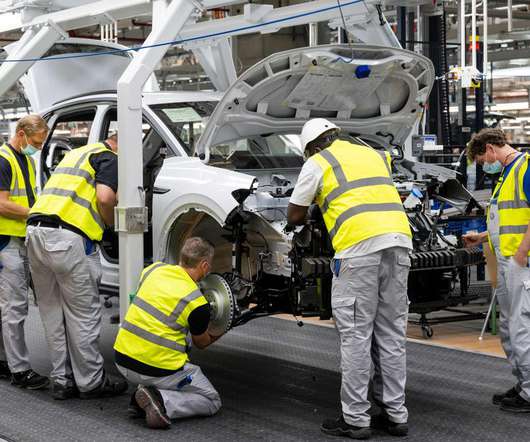Georgia Tech study finds MD electric urban delivery trucks have cost advantages over diesel in some conditions; relative benefits depend on numerous factors
Green Car Congress
SEPTEMBER 26, 2013
Researchers at Georgia Tech have compared medium-duty (MD) electric and diesel urban delivery trucks in terms of life-cycle energy consumption, greenhouse gas (GHG) emissions, and total cost of ownership (TCO). Vehicles operated in states heavily dependent on coal for producing electricity showed higher emissions. Click to enlarge.

















Let's personalize your content